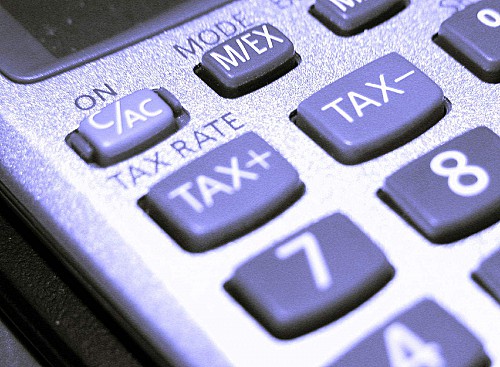Taxation for residents in Hungary part 3
Published at: 06/03/2014 01:44 pm

Income from private entrepreneurial activities
Entrepreneurial withdrawals originating from business activities and recognised as costs must be recorded as incomes to be consolidated. Private entrepreneurs are subject to entrepreneurial income tax payment liability and entrepreneurial dividend tax payment liability. The private entrepreneur may, provided that certain statutory conditions are met, opt for flat-rate taxation (EVA), from the 1th January 2013 for Fixed-Rate Tax of Low Tax-Bracket Enterprises and on Small Business Tax (KATA).
The tax base of entrepreneurial income is the difference between the total income and total costs. The law stipulates a minimum income tax base and a minimum contribution base for private entrepreneurs.
Self-employed individuals may carry forward their losses without a time limit. The rate of income tax for the self-employed is 10% up to a tax base of HUF 500 million and 19% above that.
Entrepreneurs opting for flat-rate taxation pay tax on the difference between their total income and a fixed proportion of costs ranging from 40 to 93 percent, depending on their activities. A progressive tax rate is applied to the income of the entrepreneurs opting for flat-rate taxation. Flat rate incomes shall be treated as parts of the consolidated tax base.
A 37% tax rate is applied to the income of taxpayers paying simplified entrepreneurial tax (EVA).
Capital gains
Dividend incomes shall be paid by the payer after the deduction of tax.
The relevant treaty on the exclusion of double taxation provides for non-resident private individuals’ tax payment liability on dividends paid by Hungarian companies. In the absence of such treaty, the applicable tax rate is 16 percent.
In respect of dividends from abroad received by Hungarian resident private individuals, the dividend tax paid abroad can be deducted from the 16 percent tax if evidence of such tax payment is provided. In the absence of an international agreement on the exclusion of double taxation, at least 5 percent must be paid as dividend tax in Hungary.
A 16 percent tax rate is applied to interest income as well. Interest income means, among others, interest paid on savings account deposits as well as interest on and other income from publicly offered and traded debt securities and investment fund shares.
A 16 percent tax rate is applied to income (traded price gains) from the sale of securities.The tax base is the difference between the sales price and documented costs, like the purchase price and transaction costs.
A 16 percent tax rate is applied to income from property withdrawal from a business.
Any interest, dividends or traded price gains paid by a legal person or other organisation established in an offshore state is/are taxable as consolidated income.
It is worth paying attention that under certain conditions also a 14 percent health contribution is payable after income from dividends with a 16 percent tax burden, after exchange gain, and after income withdrawn from the business.
